ORIGINAL RESEARCH
Published on 13 Apr 2022
SARM1 Depletion Slows Axon Degeneration in a CNS Model of Neurotropic Viral Infection

doi 10.3389/fnmol.2022.860410
- 4,482 views
- 11 citations
10k
Total downloads
52k
Total views and downloads
Select the journal/section where you want your idea to be submitted:
ORIGINAL RESEARCH
Published on 13 Apr 2022

ORIGINAL RESEARCH
Published on 07 Apr 2022

EDITORIAL
Published on 23 Mar 2022

ORIGINAL RESEARCH
Published on 21 Feb 2022
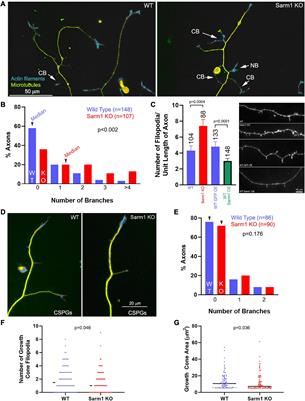
ORIGINAL RESEARCH
Published on 07 Dec 2021
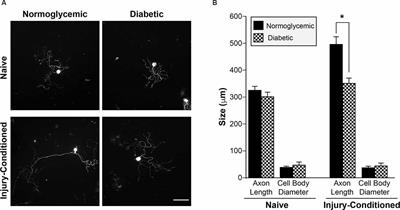
BRIEF RESEARCH REPORT
Published on 27 Oct 2021

ORIGINAL RESEARCH
Published on 24 Sep 2021
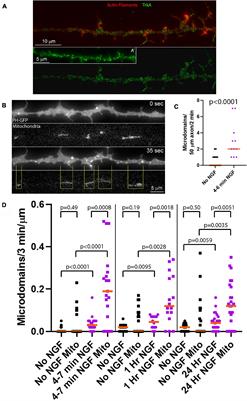
ORIGINAL RESEARCH
Published on 16 Sep 2021
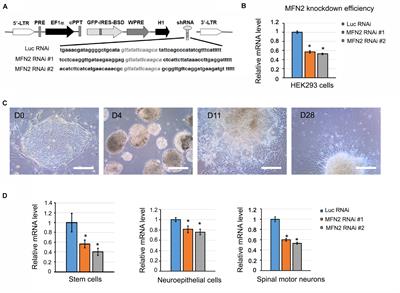
ORIGINAL RESEARCH
Published on 10 Sep 2021

REVIEW
Published on 14 Jun 2021
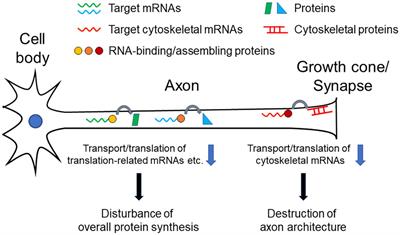
ORIGINAL RESEARCH
Published on 03 Jun 2021


Frontiers in Cellular Neuroscience
Frontiers in Neuroscience
Frontiers in Synaptic Neuroscience